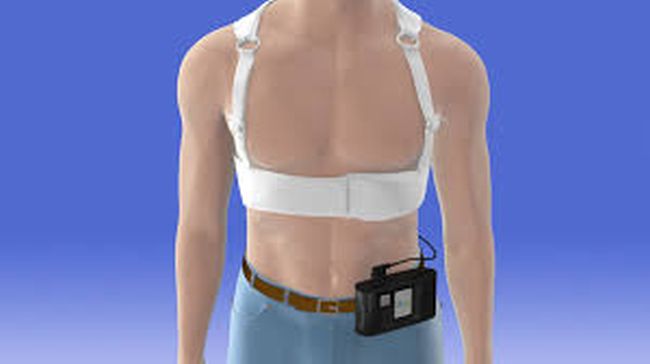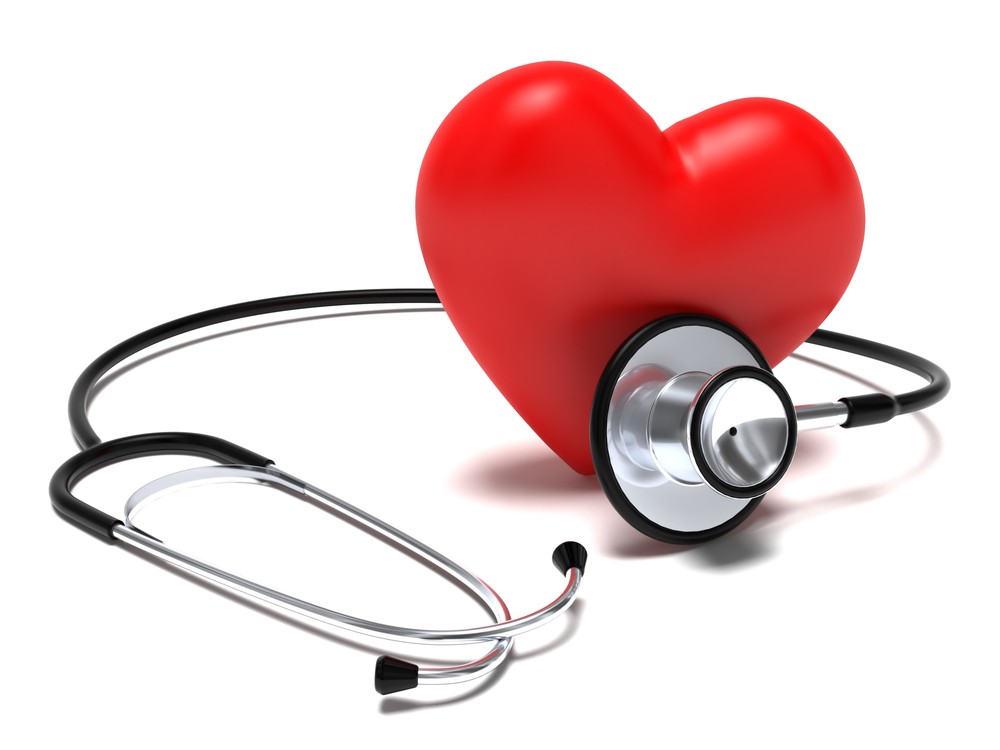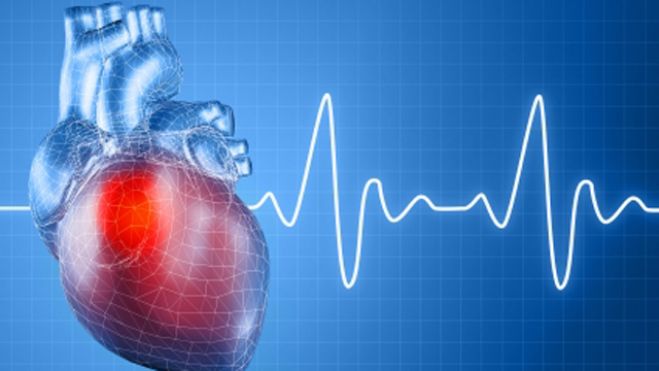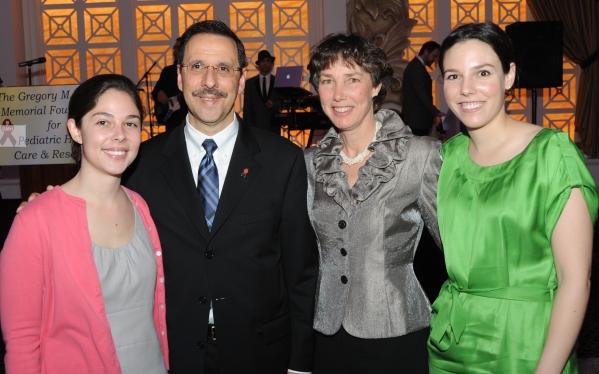(201) Family Magazine recently asked MSP Communications, publisher of SuperDoctors®, to poll physicians throughout the area
and to find out who they would choose if they needed medical care
within 29 different specialties. (201) Family will publish the complete list of honorees in the November/December 2016 issue of the magazine.
Category Archives: Healthy Families
Today’s Health Watch: 10-year-old UAE-based Pinoy with rare heart defect to undergo operation in India
A 10-year-old Filipino boy with a rare congenital heart defect is heading for India to undergo an operation, after a foundation offered to sponsor the procedure. Gil Merced and his parents will travel to Kochi for the operation, according to a report on UAE news site Khaleej Times on Sunday. READ MORE
Today’s Health Watch: Men and Cardiac Health
Heart disease is the No. 1 killer of men, and the hearts of one of eight men over age 40 will at some point suddenly stop beating – an event known as sudden cardiac arrest. June is both National Men’s Health Month and CPR and AED Awareness Month, making it a good time to revisit ways to prevent heart disease. READ MORE
Father’s Day Health Watch: Give Dad’s Health a Boost with Nutrient Packed Grilled Fish
With Father’s Day around the corner, June is the perfect time to focus on men’s health. And although most know that it is important to increase fruit and vegetable intake, there are some specific nutrients that are most important to men’s health. READ MORE
Father’s Day Health Watch: 6 Father’s Day Gifts for a Healthy Dad
If your guy’s a health nut, extreme athlete, or just needs a little motivation to get off the couch, show him some love this Father’s Day with a thoughtful gift. READ MORE
Today’s Health Watch: LifeVest Wearable Defibrillator
A 76-year-old North Carolina man says he’s thankful to be alive after he nearly died on his kitchen floor this past April, thanks to a wearable defibrillator. I have actually had the opportunity to deploy these vests with young patients as well, with equally positive results. READ MORE
Today’s Health Watch: Heart Disease
Daily intake of lycopene supplements – a compound found in tomatoes and other foods – improves blood vessel function in patients with cardiovascular disease, according to a new study by the University of Cambridge. READ MORE !
!
Stories From Main Street: Using A Family Tragedy To Help Diagnose Congenital Heart Defects, WCBS NewsRadio 880, 21 April 2014
Racing Death: How Can Runners Be Saved from Cardiac Arrest? FoxNews.com Health, 18 April 2014
10 Steps to Protect Against Hypertrophic Cardiomyopathy
Click on Image for FoxNews.com Posting
Published February 11, 2013
FoxNews.com
As if it were yesterday, I recall the death of 18-year-old Ben Breedlove, who suffered from hypertrophic cardiomyopathy (HCM), an ailment in which I specialize as a pediatric cardiologist.
I have seen it rob too many young people unnecessarily of a long and fulfilling life.
Here are 10 steps to protect your children, family members and anyone you love against the ravages of hypertrophic cardiomyopathy:
1. Remember that statistically if one member of your family has been diagnosed with HCM, then one-half of your family members are at risk for developing this disease. Evaluation of first-degree relatives on a regular, repetitive basis can go a long way towards correct diagnosis and effective treatment. It is imperative to extend this medical information to as many relatives as possible. Try to make the effort to contact others, even if you are estranged from them. Remember to breed love.
2. Always remember that hypertrophic cardiomyopathy is a sneaky disease: It is many times missed or misdiagnosed. Common diseases that are confused with HCM are asthma, mitral valve prolapse, anxiety, coronary artery disease and an athletic heart.
3. Be aware of symptoms that require prompt medical attention:
• Chest pain with exercise or simple activities such as walking.
• Passing out is a very important symptom that requires prompt medical attention.
• Shortness of breath, lightheadedness, and extreme tiredness are other symptoms of HCM.
4. Avoid circumstances that increase your risk:
• Avoid hot weather and dehydration.
• Be aware of the need for vigorous fluid resuscitation during infections or gastroenteritis or exercise.
• Avoid burst of activity.
• Avoid isometric activity.
5. With hypertrophic cardiomyopathy in humans, the lining of the blood vessels in the heart tends to be affected. Unfortunately, this is not just limited to the heart, but also involves the blood vessels networked to other organs throughout the body:
• Foods that improve the lining of your blood vessel include nuts, seeds, dark chocolate, fruits and vegetables.
• Prolonged periods of walking help revitalize the lining of your blood vessels.
• Foods that decrease the function of the lining of blood vessels include sugary drinks (soda), high salt, high fat, high sugar, high fructose corn syrup, and even high protein. Life is about balance and a balanced diet.
6. Beware of diseases or circumstances that can worsen hypertrophic cardiomyopathy, or cause it to progress faster:
• Sleep apnea, diabetes, obesity, hypertension, rapid weight gain and hypercholesterolemia.
• Steroids, including drugs like prednisone, anabolic steroids, and testosterone can aggravate the condition. The use of growth hormones or supplements that increase growth hormone or testosterone levels may also accelerate HCM.
7. Avoid drugs that can increase your risk of having a bad event:
• Avoid stimulants and decongestants.
• Avoid alcohol consumption as its diuretic effect can lead to decreased blood volume.
• If you are on a blood-thinner (e.g., Coumadin), remember to have your blood checked monthly.
• For any abrupt new onset of neurologic symptoms, such as muscle weakness, severe headache, or change in vision, seek prompt, urgent medical attention.
8. Once diagnosed with HCM, you are restricted from competitive sports and extremes of exercise, such as avoiding heavy lifting.
9. If you are on a beta blocker for HCM, it is imperative that it is taken daily. Missing a dose results in a rebound effect that can make your heart rate increase and put you at an increased risk.
10. Enjoy life, keep active and eat healthy. Most people with HCM have a normal life expectancy.
Dr. Robert J. Tozzi is Chief of Pediatric Cardiology and the Founding Medical Director of The Gregory M. Hirsch Hypertrophic Cardiomyopathy Center at the Hackensack University Medical Center in New Jersey. He is the co-author of several papers published in refereed research journals, and he has lectured extensively in his field at numerous professional conferences. To learn more, visit his website at DRTOZ.com.
Read more: http://www.foxnews.com/health/2013/02/08/10-steps-to-protect-against-hypertrophic-cardiomyopathy/#ixzz2KheuMOYG
A Celebration of Hope
Dr. Tozzi’s Patients Say Thank You
Video: Don’t Believe Everything That’s in Your Head!
Video: What Determines Our Health?
Activities for the Whole Family
‘Sweet’ New Way to Prevent Heart Disease
Preventing heart disease never sounded so sweet.
According to a study published in the British Medical Journal in late August 2011, people  who ate more chocolate reduced their risk of heart disease by 37 percent, their risk for stroke by 29 percent.
who ate more chocolate reduced their risk of heart disease by 37 percent, their risk for stroke by 29 percent.
Eating chocolate clearly reduces the risk of cardiovascular disease, but this should come as no surprise. Chocolate is made from cocoa beans, and the less it is processed, the greater the health benefits to the human body. When selecting chocolate to eat, the less fat content and the more cocoa, the better. Dark chocolate is a palatable way to get your daily fix. Eating about 150 calories worth of chocolate each day, at 60-percent or higher cocoa content, should be part of a heart-healthy dietary plan for many at-risk patients.
Consumption of dark chocolate lowers your bad cholesterol and blood pressure, and also protects your blood vessels. It raises good cholesterol and may even increase cognitive function by increasing blood flow to the brain. This commonly available candy also reduces the risk of stroke and heart disease.
Chocolate, like meditation and walking, increases the feel-good compound nitric oxide in the bloodstream. The production of nitric oxide can help with sexual dysfunction in males. Cocoa consumption can even help guard against the damaging effects of sun exposure.
In a challenging financial climate where medical and pharmaceutical costs are skyrocketing, we finally have a sweet answer to several cardiovascular threats: Daily chocolate consumption.
Look out Lipitor – we have a better over-the-counter product that is cheaper, safer and widely available to adults and children alike.








